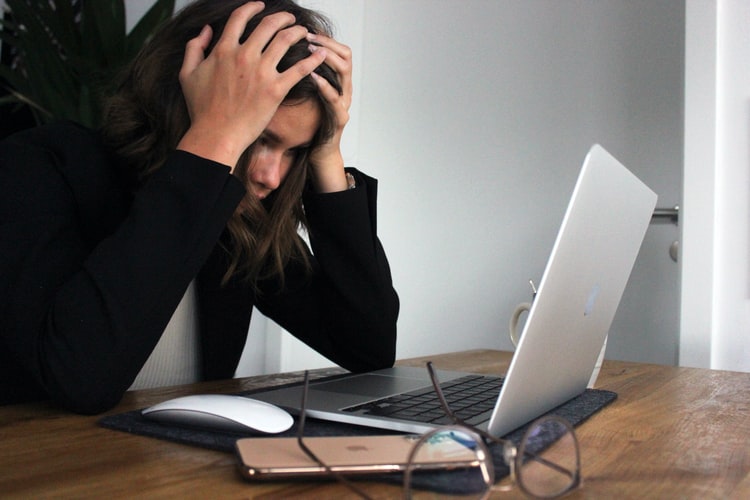June 27 is PTSD Awareness Day. Post Traumatic Stress Disorder, or PTSD as it is commonly known, is a complex mental condition that is usually triggered by a horrifying incident. You can get PTSD from experiencing or even witnessing the event. As a result, it is essential to get effective treatment to alleviate the condition’s symptoms.
PTSD disguises reality and masks it in your perception, making the difference between real and imagined indistinguishable. At the same time, PTSD makes you constantly afraid for your safety. As a result, most people with PTSD from a traumatic event may experience difficulty adjusting and often have symptoms like flashbacks, insomnia, low self-esteem, and negative emotions.
In the US alone, approximately 3.5% of the population or about 8 million people suffer from one mental health condition every year. In addition, research shows that people exposed to mass violence have a 67% likelihood of suffering from PTSD, a higher number than victims of natural disasters and other traumatic events.
It is for this reason that June 27 every year marks PTSD Awareness Day. In addition, the senate has also recently declared the whole month of June the National PTSD Awareness Month.
Although millions of Americans suffer from the condition, PTSD is considered treatable through time, self-care, medication, and therapy. Below, we look at ways to help anyone recover from PTSD and enjoy a better quality of life.
Counter your sense of helplessness
PTSD patients often feel vulnerable and a sense of helplessness over their situations. However, it is essential to remember that the feeling is just a product of the condition, and we can always take charge of our situations.
One of the best ways to achieve this is by helping others through volunteer work or family. The key here is to see yourself making a difference in someone else’s situation and reclaiming your sense of power in the process.
Exercise
One of the best ways to fight PTSD is by moving. Exercise is not only good for your overall health, but it also releases endorphins that make you feel better.
See a professional
While self-care is an essential part of the recovery process, it is vital to get professional help. If you are afraid to reach out for treatment, remind yourself that the condition is not a sign of weakness and treatable.


